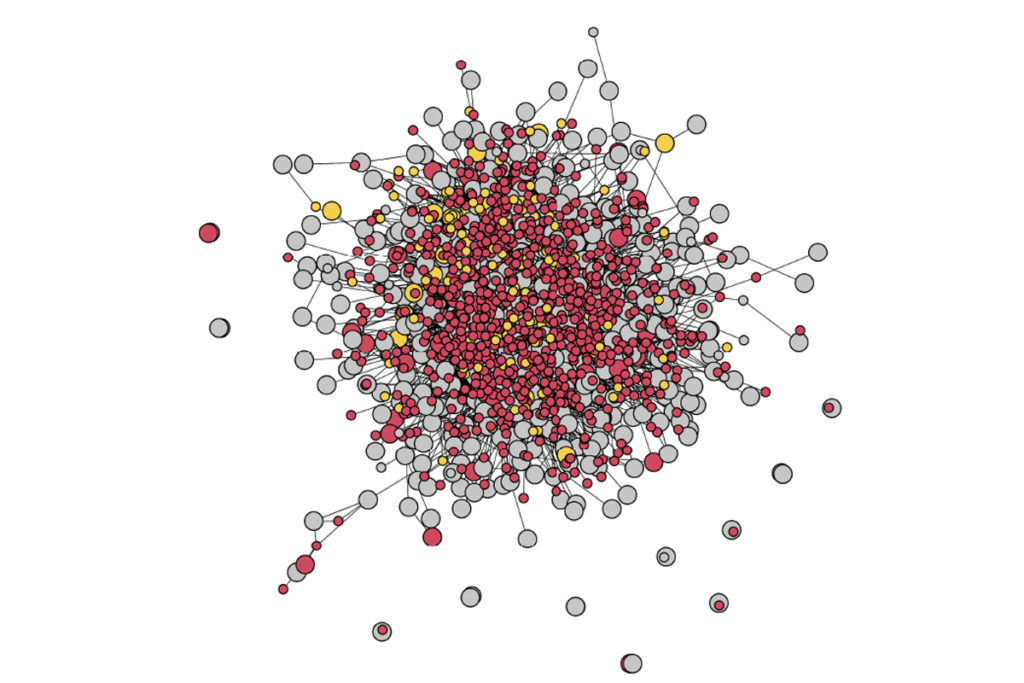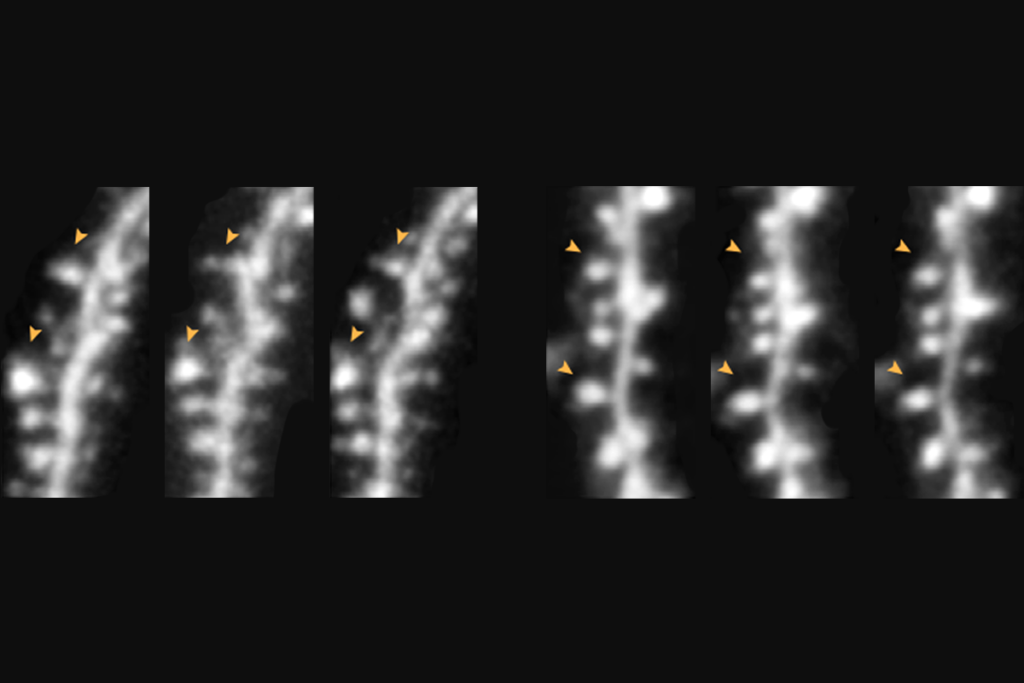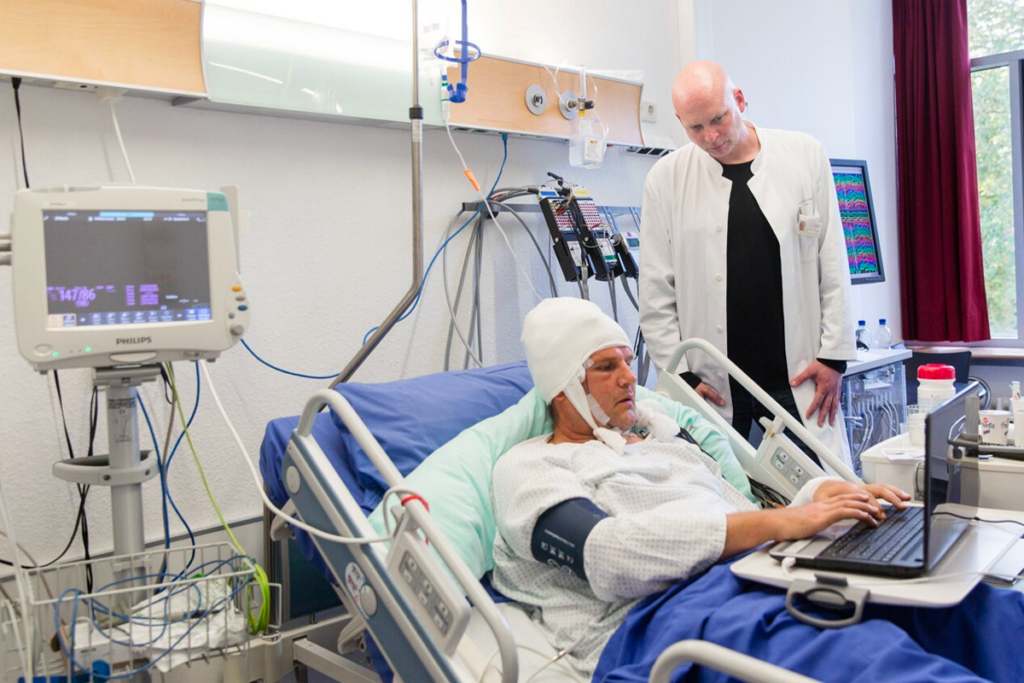Nobel goals
On the occasion of Thomas Südhof winning the Nobel Prize in Physiology or Medicine, SFARI.org’s former news editor recalls their first meeting.
When I heard this morning that Thomas Südhof won the Nobel Prize in Physiology or Medicine, I instantly remembered meeting him two years ago.
I had just been hired as SFARI.org’s news editor, and interviewing Südhof was one of my first assignments. I was nervous because he had a reputation as being brilliant and a tad difficult.
I needn’t have worried. Südhof was reserved but charming and he quickly put me at ease.
Now comes the news that the German-born researcher has been awarded the Nobel, together with James Rothman and Randy Schekman. The three researchers won the prize for their discovery of the mechanisms that control how proteins are transported by vesicles, or small bubbles, inside and between cells.
Südhof’s contribution is his groundbreaking work on proteins at synapses, the junctions where information is precisely transmitted between neurons. Mutations in the genes regulating these proteins are linked to autism and schizophrenia. Südhof has worked in particular on the role of neuroligins, working closely with families affected by autism.
During our conversation, over a glass of wine in the lobby of a Washington, D.C., hotel, Südhof patiently endured my newbie questions about his research and expertly deflected my attempts to probe personal topics. I was curious about his impressions of the U.S., especially as everyone I had spoken with about him had noted how “quintessentially German” he remains, even after 30 years here.
I recall his concern about the increasingly rightward drift of U.S. politics — ironic given that news of his Nobel arrives in the midst of a government shutdown orchestrated by right-wing Republicans.
But he also expressed his gratitude for the opportunities available in the U.S. and his love for Texas, where he arrived as a postdoctoral fellow in 1983 and worked for 25 years. The only negative thing Südhof had to say about his adopted country was that there aren’t enough places in Dallas to take long walks.
As we wrapped up our conversation, I asked Südhof about rumors that he would one day win the Nobel Prize. He acknowledged the possibility but said that prizes aren’t important: The important thing was the work.
I remember clearly Südhof saying that it is a great privilege to be a scientist, an opinion he expressed once again when the Nobel Committee phoned him to announce the prize.
Südhof is not reputed to be humble, but he sounds genuinely surprised to be receiving the call — even a bit shaken. “Are you serious?” he says. “Oh my God,” and then, later, “Gosh.”
Just like an American.
Recommended reading

Sequencing study spotlights tight web of genes tied to autism

Targeting NMDA receptor subunit reverses fragile X traits in mice

Maternal infection’s link to autism may be a mirage
Explore more from The Transmitter

Single-neuron recordings are helping to unravel complexities of human cognition
